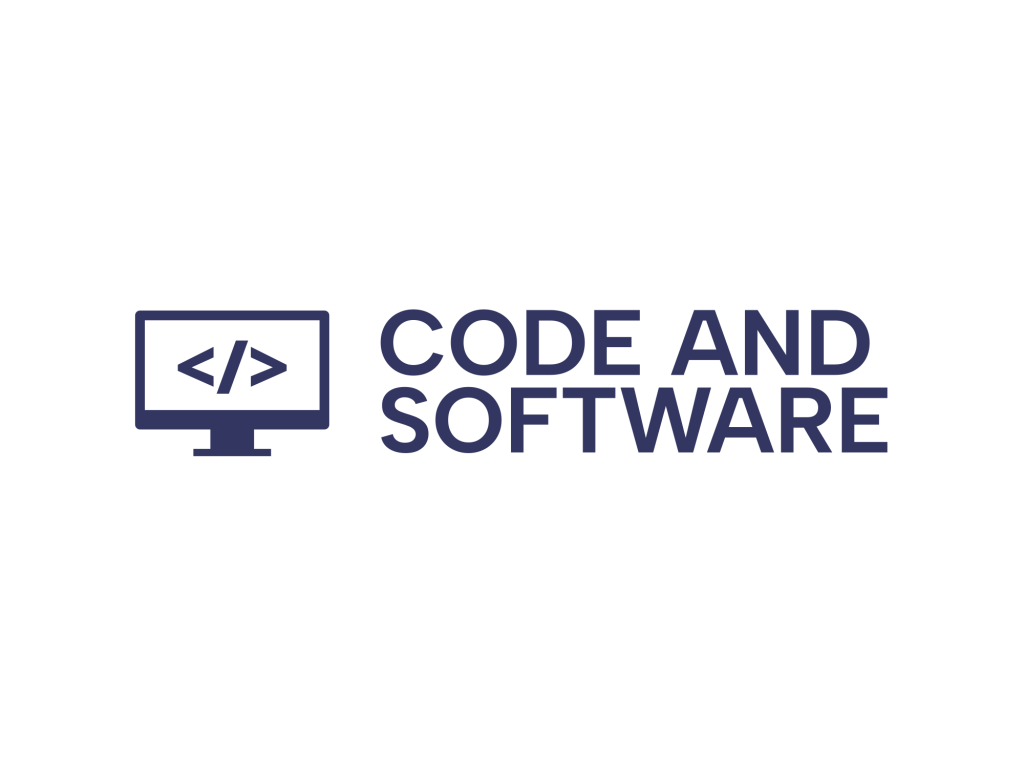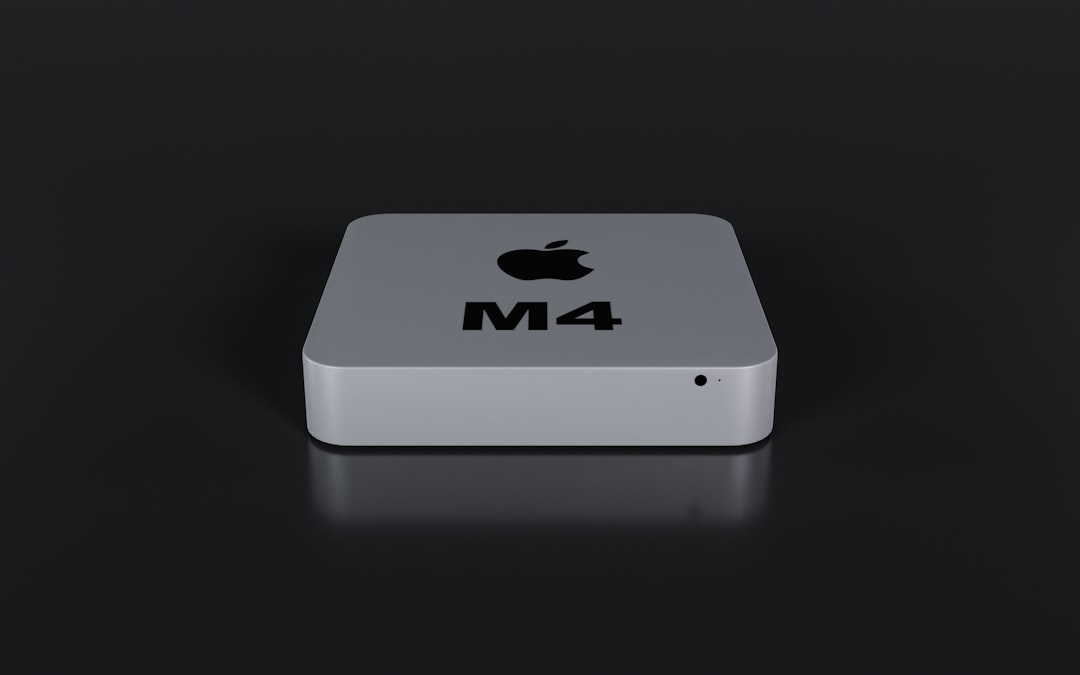The M4B file format is a specialized audio file type that is primarily used for storing audiobooks and podcasts. Derived from the MP4 multimedia container, M4B files are designed to include additional features that cater specifically to audio content that is consumed in a sequential and time-based manner. Understanding how M4B works, where it’s used, and what devices support it can help both casual listeners and content creators better manage audiobooks and long-form audio content.
What Is an M4B File?
An M4B file is a digital audio book file that uses the MPEG-4 Part 14 standard, commonly known as MP4, while focusing on storing audio rather than video. It typically uses AAC (Advanced Audio Codec) compression, which offers high quality at relatively low bitrates.
What separates M4B from other audio formats like MP3 or M4A is its ability to include advanced metadata. For instance, M4B files support:
- Bookmarking: The ability to remember where you paused playback.
- Chapter support: Audible chapter divisions, similar to DVDs or Blu-rays.
- Embedded cover art and metadata: Information like the title, author, and cover image of the audiobook.
Common Uses of M4B Files
M4B files are most commonly used in the realm of audiobooks and spoken-word audio content. Several key applications include:
- Commercial audiobooks: Platforms like iTunes and Audible distribute audiobooks using the M4B format due to its support for bookmarking and chapters.
- Educational content: Language learning and lecture series are often packaged in M4B to enable students to resume audio sessions without losing track of progress.
- Podcasts: Some podcast creators distribute long-form episodes using M4B to ensure listeners can resume where they left off.
Many audiobook players prioritize M4B over other formats due to the efficiency and user-friendly features it offers.
Compatibility and Playback Support
Although M4B is a robust and feature-rich format, not all audio players support it out of the box. Compatibility can vary depending on the device and software used. Below is a breakdown of common platforms and their support status:
- Apple Devices: Full support on iTunes, iPhones, iPads, and iPods. Apple’s ecosystem is where M4B sees its fullest potential realized.
- Windows and Android: Limited native support. Playback is possible, but features like bookmarking may not function unless third-party apps are used.
- Third-party apps: Applications like VLC Media Player, Smart Audiobook Player, and BookPlayer can handle M4B files more effectively across various platforms.

How to Create and Edit M4B Files
If you are interested in creating your own M4B audiobooks or converting other file types to M4B, various software tools are available:
- Conversion tools: Software like FFmpeg, MP3 to iPod Audiobook Converter, or taudioconvert can help you transform MP3 or WAV files into M4B format.
- Chapter creation: Tools such as Chapter and Verse and AudioBookBinder allow the inclusion of chapters and metadata for a richer user experience.
- Metadata editing: Programs like MetaZ or Mp3tag can be utilized to embed information like author, title, and cover art into the M4B file.
It is also possible to merge multiple audio files and convert them into a single, structured M4B file with chapters and bookmarks, making it ideal for distributing serialized content.
Limitations and Considerations
Despite its many advantages, M4B is not a perfect solution for every use case. Some limitations to consider include:
- Limited cross-platform compatibility: Users on certain operating systems may need to install additional software or plugins.
- DRM protection: Many commercially sold M4B files come with Digital Rights Management (DRM), restricting playback to specific platforms or devices.
- Not widely recognized: Some less popular audio players and devices may not even recognize the format, leading to playback issues.
Conclusion
The M4B file format offers a specialized and enriched environment for consuming spoken audio content, especially audiobooks. Its support for features like bookmarking, chapters, and detailed metadata make it an excellent choice for long-form, time-sensitive audio. However, users must be mindful of compatibility issues and potential DRM restrictions before settling on this format as their go-to audio solution.
For audiophiles and content creators focused on delivering structured, easy-to-navigate audio experiences, M4B remains one of the most effective file formats in today’s digital media landscape.

